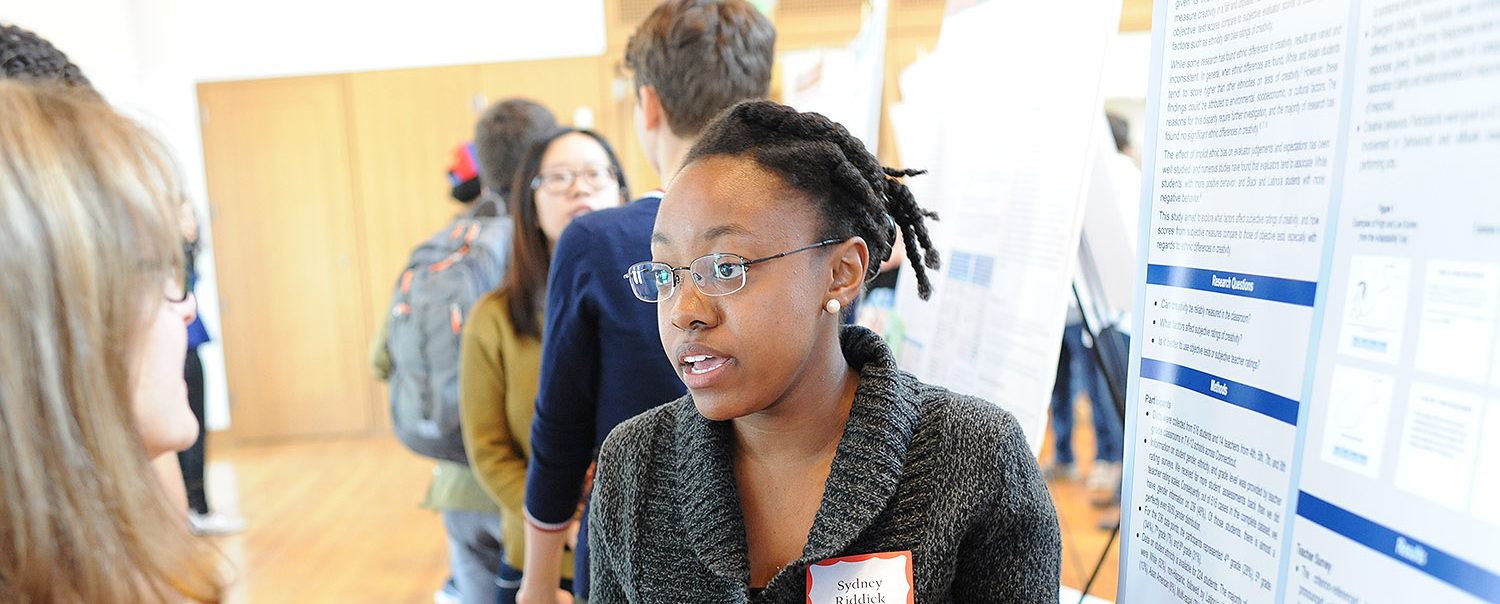Live Poster Session: Zoom Link
Abstract: Body image, disordered eating, and self-esteem have been observed in Black women via various studies, however most of the theories for these phenomena in Black women have been based on internal factors such as ethnic identification or external factors relating to media and discrimination. The purpose of this study is to understand the effect that the racial composition of Black women’s academic and social networks have on their body image, disordered eating, and self-esteem, when controlling for ethnic centrality. Methods: Environmental measures of academic network racial composition were measured by three separate constructs: HBCU attendance, perceived racial composition of high school, and perceived racial composition post-secondary institutions. Social network racial composition was measured by reported racial composition of friend groups. The Body Self Image Questionnaire-Short Form (BSIQ-SF), Rosenberg Self-Esteem Scale, and Disordered Eating Attitude Scale (DEAS) were used to measure body image, self-esteem, and disordered eating, respectively. Additionally, skin tone satisfaction, hair satisfaction, and focus on losing weight were also observed using internal measures. Results: HBCU attendance was not significantly correlated with body image, disordered eating, self-esteem, a focus on losing weight, skin tone satisfaction, or hair satisfaction. Participants who did not share a racial background with most of their peers in high school had lower self-esteem than those who did. Respondents who expressed neutrally sharing a racial background with most of their peers at their post-secondary institution were more likely to report dissatisfaction with their skin color than those who did not share a racial background with most of their peers. Participants who reported more Black friends had higher hair texture satisfaction. Having more Black friends negatively predicted overall appearance satisfaction, but positively predicted self-esteem. Having more Black friends also marginally predicted less negative feelings towards eating. Discussion: The role of social network racial composition may be an important factor to consider in self-esteem and body image in Black women moving forward.
Poster-Presentation_BI_DE_SE

